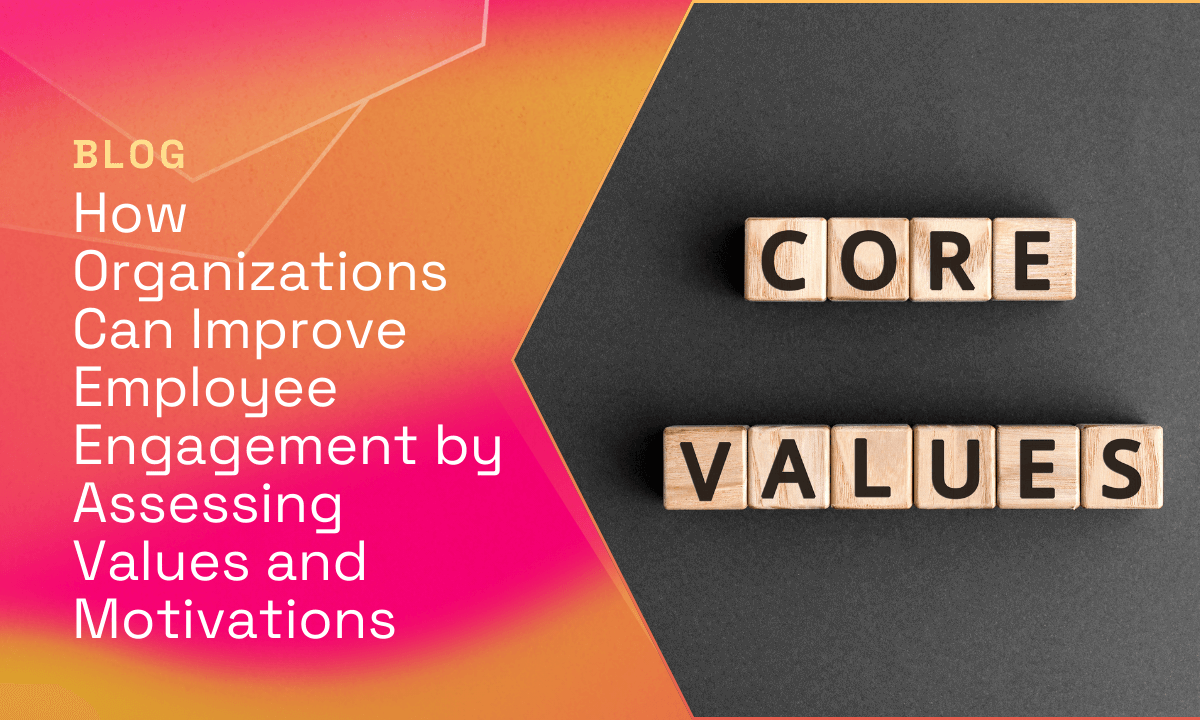High-performance teams: How The Team Effectiveness Survey transforms team dynamics
The Team Effectiveness Survey is a comprehensive assessment tool meticulously developed to provide organizations with deep insights into the dynamics that contribute to team success, cohesion, and overall performance. Utilizing a rigorous scientific methodology, the survey draws on data from numerous high-performing teams and incorporates psychometric principles to ensure both accuracy and reliability in measuring team effectiveness.
Significance of the Team Effectiveness Survey
In an increasingly collaborative work environment, understanding the dynamics within teams is crucial for organizational success. The Team Effectiveness Survey serves as a vital resource for organizations aiming to enhance team development, engagement, and performance. By identifying both strengths and areas for improvement, the survey helps teams align their strategies, ultimately leading to optimized productivity and cohesion.
The Role of team dynamics in organizational success
Team dynamics play a pivotal role in how effectively groups function. High-performing teams are characterized by clear communication, strong leadership, and a shared commitment to goals. Conversely, teams struggling with unclear objectives or ineffective processes often experience conflicts and diminished productivity. The insights provided by the Team Effectiveness Survey can be instrumental in bridging these gaps, allowing organizations to proactively address issues before they escalate.
Key dimensions assessed
The Team Effectiveness Survey focuses on four primary dimensions that are critical to understanding and enhancing team performance:
- Clarity of goals:
- This dimension evaluates the extent to which team members understand, agree upon, and are committed to the team's objectives. Clear goals not only provide direction but also enhance motivation and accountability among team members. When team members are aligned on objectives, they are more likely to collaborate effectively and drive results.
- Efficiency of systems:
- This aspect assesses the effectiveness of the processes, tools, and methods used by the team to achieve their goals. Efficient systems streamline operations, reduce redundancies, and enhance overall productivity. The survey helps teams identify bottlenecks in their workflows, allowing them to implement improvements that can lead to smoother operations.
- Strength of people:
- This dimension measures how well team members leverage their individual and collective strengths, skills, and talents. Recognizing and utilizing these strengths and soft skills is key to fostering a positive team environment. The survey encourages teams to celebrate their diverse abilities, fostering collaboration and creativity.
- Quality of leadership:
- Effective leadership is crucial for guiding, supporting, and motivating teams. This dimension evaluates how well leaders fulfill these roles, focusing on their ability to inspire and empower team members. The survey highlights areas where leaders can improve their approach, enhancing their capacity to nurture a thriving team culture.
Personalized insights for targeted development
One of the standout features of the Team Effectiveness Survey is its ability to provide detailed insights into each team's unique profile. This personalized approach allows organizations to understand their teams' specific dynamics and challenges in greater depth. By identifying weaknesses and capitalizing on strengths, teams can implement targeted development strategies that lead to meaningful improvements.
For example, if the survey indicates that a team struggles with the clarity of goals, the organization can facilitate goal-setting workshops or strategy sessions to ensure everyone is aligned and committed. Alternatively, if the efficiency of systems is highlighted as a concern, the team can explore new tools or processes to streamline their operations.
User experience and accessibility
The Team Effectiveness Survey is designed to be both concise and user-friendly, allowing teams to complete it in a short amount of time without feeling overwhelmed. Its unique, conversational language enhances accessibility, ensuring an engaging user experience. Participants are likely to feel more comfortable providing honest feedback, which is crucial for the survey’s effectiveness.
Importantly, this user-friendly approach does not compromise the scientific reliability of the results. Organizations can trust that the insights generated will be actionable and grounded in robust data analysis, making the survey a valuable tool for driving team development.
Conclusion
In a world where teamwork is more critical than ever, the Team Effectiveness Survey offers a strategic approach to enhancing organizational performance. By regularly assessing team dynamics and making data-driven adjustments, organizations can create a culture of continuous improvement that benefits both the individuals involved and the organization as a whole.
Utilizing this survey can lead to significant improvements in collaboration, innovation, and overall organizational effectiveness. Organizations that invest in understanding their team dynamics through the Team Effectiveness Survey are likely to foster a more engaged, motivated, and high-performing workforce, positioning themselves for success in a competitive landscape.
Questions and Answers
How does the Team Effectiveness Survey support team development?
The survey identifies strengths and weaknesses, enabling teams to focus their development efforts effectively.
Who can benefit from using the Team Effectiveness Survey?
Any team or organization looking to improve collaboration, performance, and overall effectiveness can benefit from this survey.
How can teams address identified weaknesses from the survey?
Teams can develop targeted action plans based on survey findings to enhance areas needing improvement.
What sets the Team Effectiveness Survey apart from other assessments?
Its scientific methodology, concise format, and engaging user experience make it a reliable and accessible tool for assessing team dynamics.





























